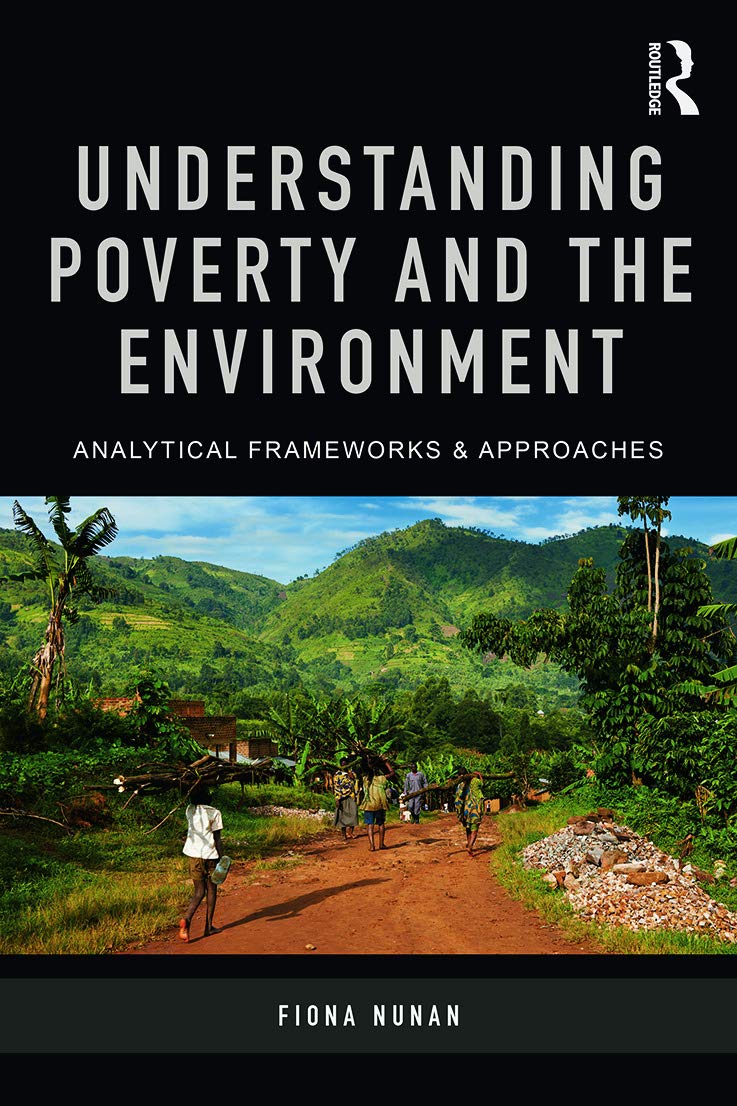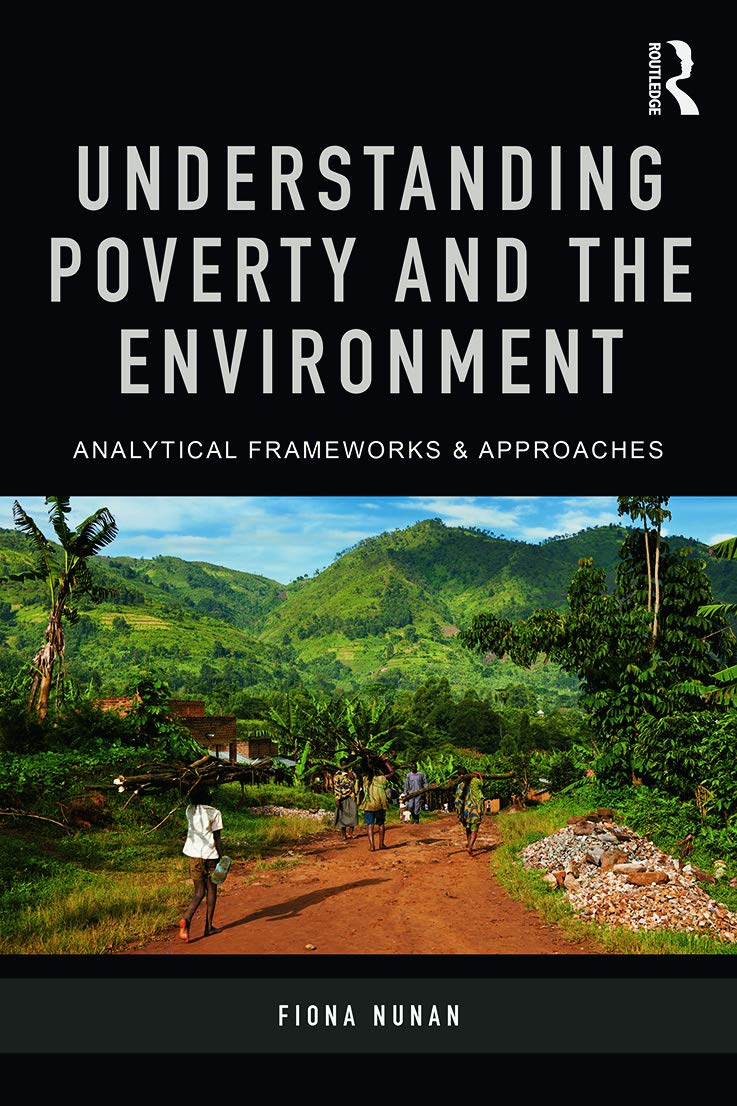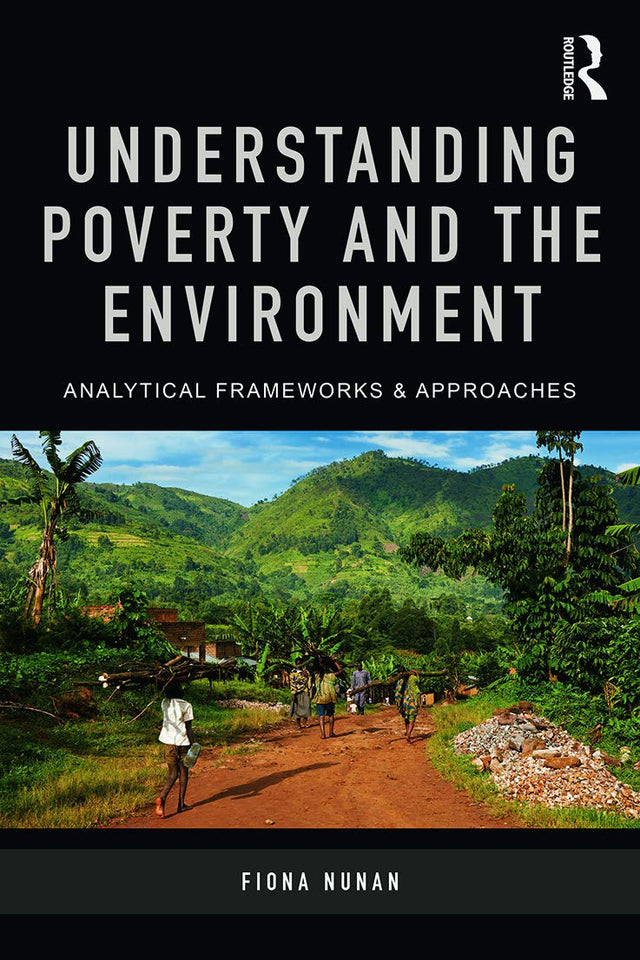Understanding Poverty and the Environment: Analytical frameworks and approaches
Understanding Poverty and the Environment: Analytical frameworks and approaches is backordered and will ship as soon as it is back in stock.
Couldn't load pickup availability
Genuine Products Guarantee
Genuine Products Guarantee
We guarantee 100% genuine products, and if proven otherwise, we will compensate you with 10 times the product's cost.
Delivery and Shipping
Delivery and Shipping
Products are generally ready for dispatch within 1 day and typically reach you in 3 to 5 days.
Book Details:
-
Book Title: Understanding Poverty and the Environment
-
Author: Fiona Nunan
-
Publisher: Routledge
-
Language: English
-
ISBN: 9780415707596
-
Pages: 220
-
Binding: Paperback
-
Dimensions: 9.2 x 6.2 x 0.7 inches
About the Book:
In Understanding Poverty and the Environment, Fiona Nunan challenges the simplistic and often misleading view of a vicious cycle where poverty leads to environmental degradation, which in turn leads to more poverty. The book explores a diverse range of analytical frameworks and approaches to better understand the complex relationship between poverty and the environment. These frameworks include political ecology, gendered perspectives, Critical Institutionalism, the Environmental Entitlements framework, the Sustainable Livelihoods Framework, and more.
Nunan emphasizes the importance of a deeper, context-specific understanding of poverty-environment relationships, moving beyond simplistic portrayals. Key themes such as power, access, institutions, and scale are examined across these frameworks.
The book serves as a valuable resource for those studying environmental science, development studies, and poverty alleviation, providing critical insights into how poverty and environmental issues intersect. It also offers readers a curated list of essential readings and key contemporary publications within each area of analysis.
Audience:
This book is intended for students, researchers, and practitioners in environmental studies, development studies, political ecology, and related fields. It is also valuable for those working in policy-making and governance of natural resources.





